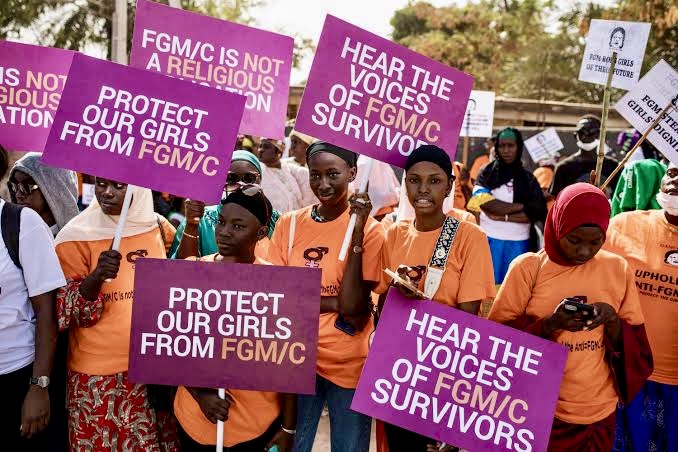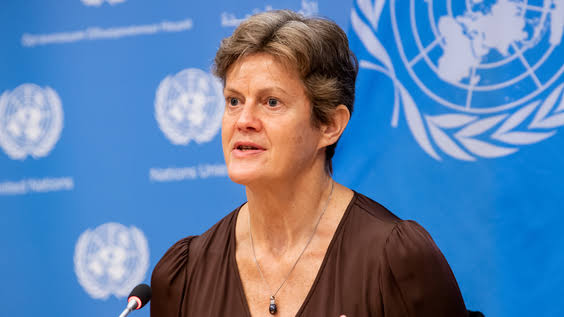
Faith Nyasuguta
A team of UN experts has strongly advised Gambian lawmakers against repealing a ban on female genital mutilation (FGM), warning that such a move could establish a dangerous global precedent.
Led by Reem Alsalem, the UN special rapporteur on violence against women and girls, the experts emphasized in a letter dated 8 April the critical importance of maintaining the ban to protect women and children from this severe form of violence.
Mama Fatima Singhateh, former Gambian justice minister and current special rapporteur on the sale, sexual exploitation, and sexual abuse of children, was among the four signatories of the letter. Their plea comes after Gambian lawmakers voted in favor of amending the law banning FGM in a second-round vote on 18 March.
Almameh Gibba, the legislator behind the new bill, justified the amendment as a means to preserve religious loyalty and cultural norms in the predominantly Muslim nation. However, the UN experts argued that reversing the ban would not only undermine the rights of women and girls in The Gambia but also establish a worrying global trend of governments condoning FGM.
The Gambia outlawed FGM in 2015, imposing penalties of up to three years in prison or fines of 50,000 dalasis (£586). The law was the result of extensive advocacy efforts by local and international rights groups, including survivors of FGM. Despite widespread support for the ban, opposition arose within Gambian society, particularly from religious circles.
Calls to repeal the law intensified following the first major conviction under its provisions, where three women were found guilty of mutilating eight infant girls in the village of Bakadagi. Although the fines imposed were considered lenient, an influential imam vehemently opposed the law, framing it as an attack on Islam.
The UN experts’ letter underscores the significance of upholding the ban on FGM not only to protect Gambian women and children but also to send a strong message globally against the practice.
With approximately half of the country’s population being women, the impact of repealing the ban could be detrimental, given that a significant portion of Gambian women have been subjected to or have relatives who underwent FGM.

The law banning FGM was celebrated as a milestone for women’s rights and progress in The Gambia, garnering praise from the international community. However, the recent attempts to amend it highlight the ongoing challenges in combating deeply ingrained cultural practices and religious beliefs.
The UN experts’ intervention serves as a critical reminder of the importance of upholding human rights standards and protecting vulnerable populations from harmful practices like FGM.
RELATED:




